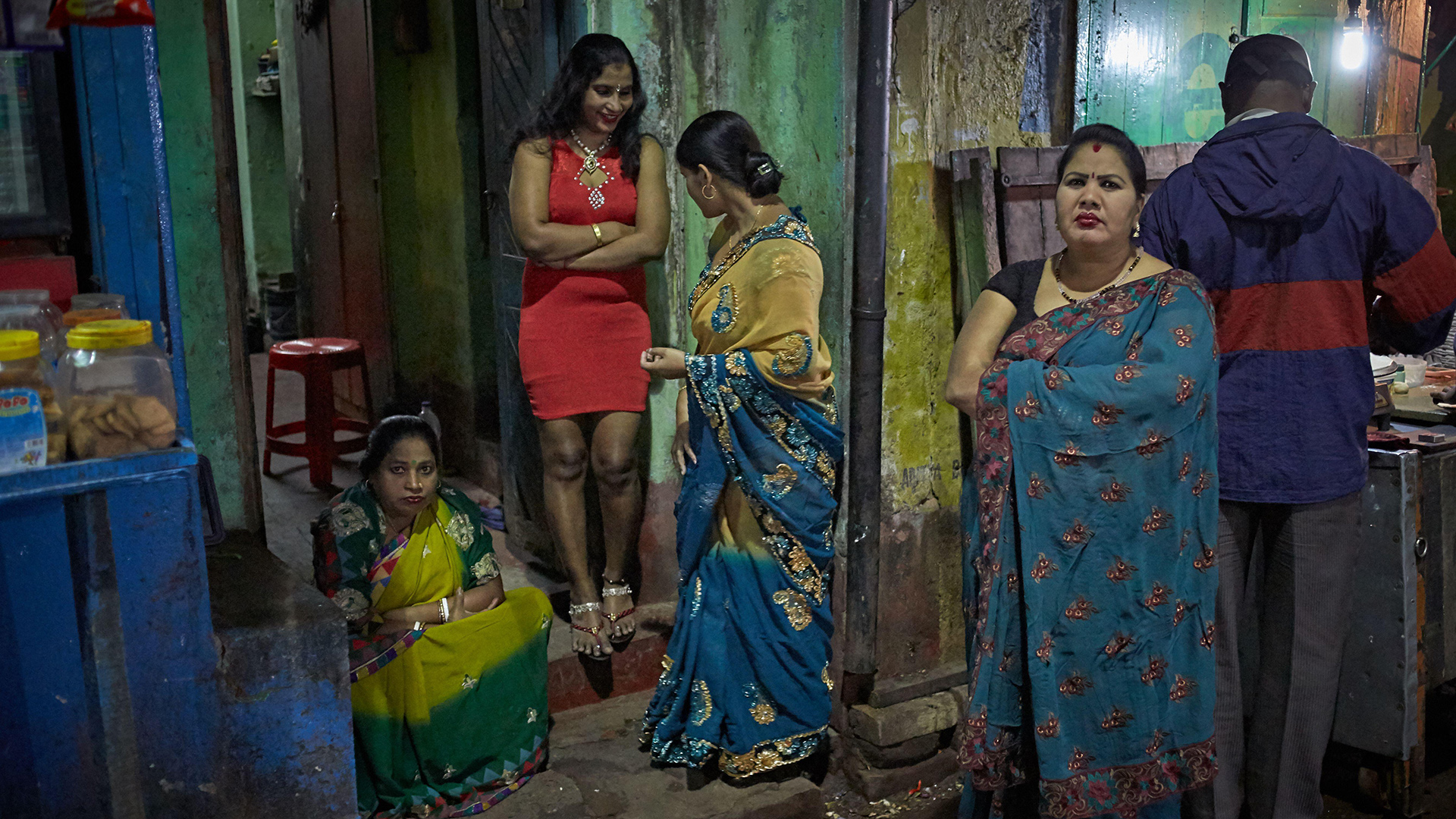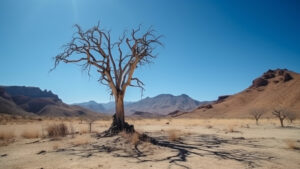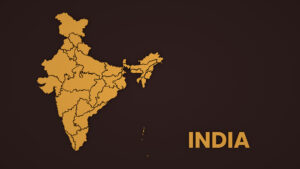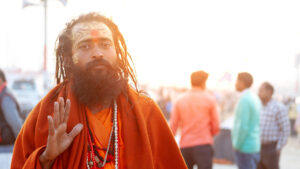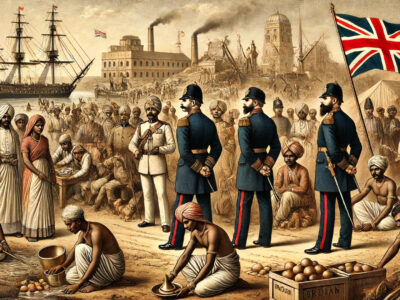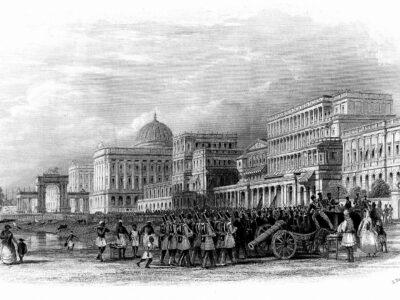The evil practice of trading humans for slavery, sexual exploitation and forced labour existing from ancient civilizations and is not a fresh concept; however, the ways transformed as the ages advanced. Normally, human trafficking rackets get exposed in connection with other crimes, as in most cases, the relevant enforcement agencies have no complaints registered by the victim’s families with them. Moreover, various places in India acts as transit point or destination for traffickers, and tracing is the biggest challenge for enforcement agencies.
The traffickers usually target regions prone to natural disasters and droughts and families suffering from poverty to trap potential victims. In India, West Bengal, Jharkhand, Chattisgarh, Odisha, Uttar Pradesh, Rajasthan and Maharashtra are some vulnerable regions that favour traffickers. The traffickers employ several tricky ways to trap victims by promising jobs and better life, false facades of marriage or adoption and offering finances to the victim’s families, to name a few.
In recent years, other than domestic enslavement, commercial sexual exploitation and forced labour, traffickers use victims for organ extraction, surrogacy and drug peddling. According to the UN’s report, human trafficking ranks third among organized crimes. Rescuing victims involves many complications, and in most cases, the evidence remains thin, favouring traffickers to escape the clutches of law.
FACTORS AFFECTING VICTIMS
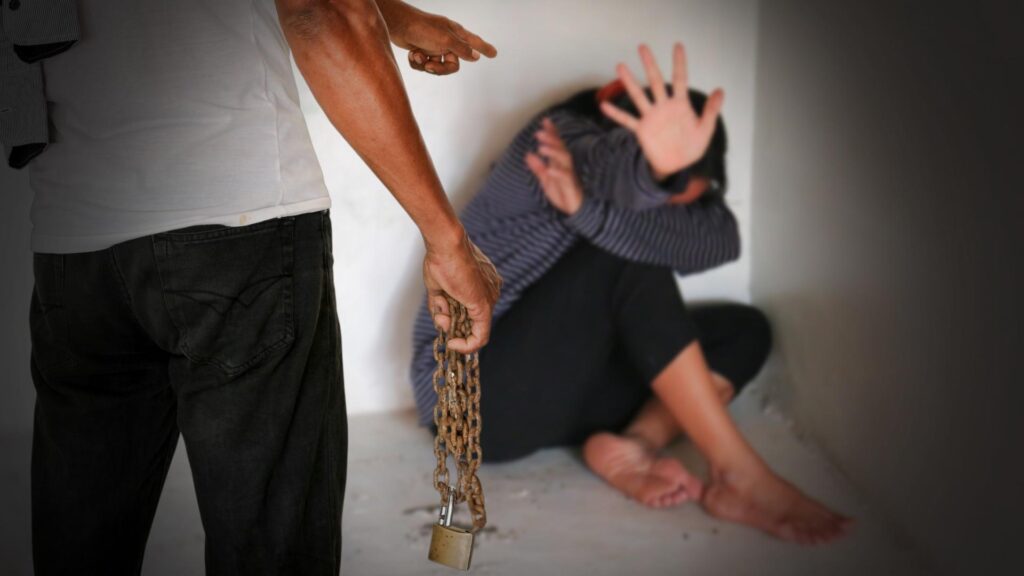
Numerous factors affect the victims, and the following are the major ones:
1. People belonging to lower backward classes and families driven by poverty in many villages after harvesting the crops in their small pieces of land, the parents leave their children either with relatives and temporarily migrate to nearby towns or cities seeking labour work in the construction, factories, garments etc., creating a channel for traffickers to target such children.
2. The regions prone to cyclones, floods, and droughts cause severe damage in several ways to the lives of those who are extremely poor, and it becomes difficult for poor people to recover to normal life; such situations are vulnerable to the kidnapping of women and children and trafficking.
3. Some tribal and minority groups do subsistence farming (cultivating for survival, not to sell) and need additional income for agricultural purposes. Their living fled to nearby places seeking employment, leaving their families in the villages and triggering trafficker’s activities.
4. The border villages in West Bengal and Assam attract illegal migrants from Bangladesh settled for economic benefits, and such places are the hotspots to break the deals for traffickers. Frequently, these migrants lack valid government documents to support their life and settlement, deterred by traffickers for their purpose.
5. Gender inequality and illiteracy are other key factors utilized by traffickers to deceive people.
PREVENTING MEASURES
Many NGOs throughout India work parallel with the enforcement agencies to investigate the cases with active follow-ups in rescuing victims, and their methods are working successfully. They also engage in creating awareness by visiting the places that are vulnerable to trafficking.
The various lifestyle needs of people in the metro cities create opportunities and demand for traffickers. Adopting some simple precautionary steps as a social responsibility may help prevent trafficking. As a preventive measure, the people living in cities should consider police verification and checking government documents while appointing a maid or someone for household work and renting a house or commercial space, and avoid hiring minors. Beware of some illegally established agencies supplying trafficked victims as maids, offering surrogacies, illegal organ trade and unskilled labour.
Encouraging these activities is a serious crime under Indian penal laws that imposes severe punishment. Always stick to a legal approach for any necessities and stay safe.

